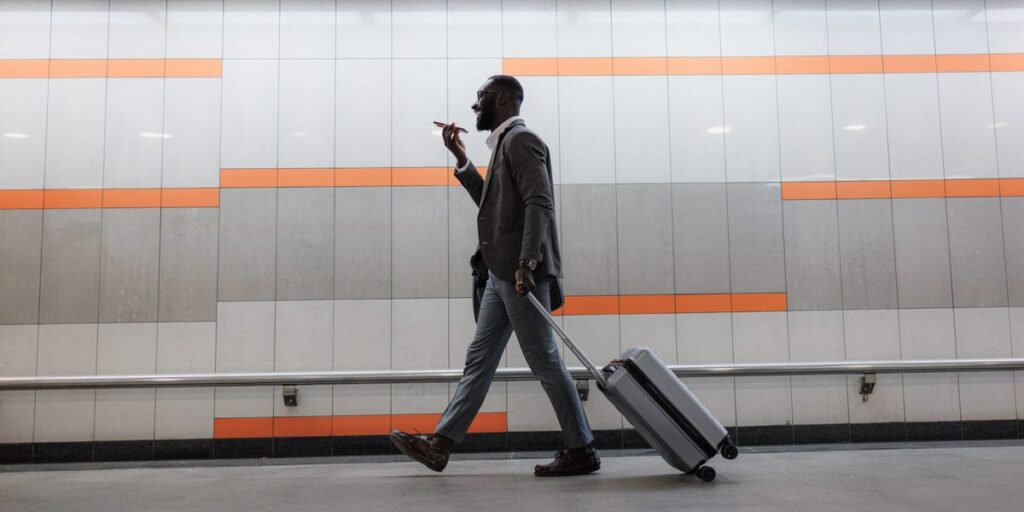Just because some Americans are scaling back on their summer travel, it doesn’t mean their employers are.
Business travel demand has remained steady going into the summer season, several travel companies have said.
Navan, which works with companies like Lyft, Shopify, and Box, found that summer business travel in 2025 is up by double digits compared to 2024, a representative for the company told Business Insider in May.
Navan compared corporate travel bookings for the same group of companies over the same time period in 2024 and 2025 and found flight bookings were up 10% year-over-year, while hotel bookings were up 25%. The group included a mix of professional services, financial services, technology, and manufacturing firms, and ranged in size from small- and medium-sized businesses to public companies.
TravelPerk, another travel-management company, found work trip bookings this summer were up 3% compared to last year. The company compared bookings for June, July, and August made by the same group of long-term TravelPerk customers in 2024 and 2025.
“The month of June is the busiest month in the first half of the year, a key time for growth, industry events, and meaningful connections,” Eugen Triebelhorn, a country manager at TravelPerk, said in an email. “Especially for sales teams, June is a strategic halftime for the year ahead of the quiet vacation period in July and August.”
Ariel Katen, consumer advocate and director of product at Engine, another corporate travel management platform, to BI last month that the company has found work travelers expect some changes to their trips this year.
The company conducted a survey in April that found 71% of businesses expected to be affected in some way by shaky economic conditions, with 29% expecting increased scrutiny of travel expenses. That could mean cutting back on premium flight upgrades or booking more affordable hotels, she said.
Engine has also found that a new batch of more affordable cities is becoming popular for corporate travel, including Charlotte, North Carolina, and Nashville, Tennessee.
“If you had to get the entire team down somewhere, where are you going to find more affordable hotel rooms? Is that New York City or is that Tampa?” Katen said.
Business travel had shown some signs of slowing earlier this year. Airlines Reporting Corp., which tracks agency bookings, reported a 6% decline in April for agencies focused on corporate or government travel.
But several travel companies have recently reported an increase or a stabilization of corporate travel demand.
Alaska Air Group, which includes Alaska Airlines and Hawaiian Airlines, said in late April that business travel demand had “stabilized” after a slowdown in February and March.
“Total forward bookings are up low single digits, improved from where they seem to have bottomed out in March,” Andrew Harrison, Alaska’s chief commercial officer, said of corporate bookings during the first-quarter earnings call on April 24.
Southwest Airlines said on its quarterly earnings call, also on April 24, that corporate travel demand had been “softer, but stable.”
American Express Global Business Travel, a travel management company, reported an increased demand for business travel on its quarterly earnings call in May, as did Choice Hotels, which includes brands like Radisson and Comfort Inn.
The trends in business travel come as leisure travel demand has softened, fueled by economic uncertainty. Several airlines withdrew their outlook for the year, with United, Delta, and Southwest cutting back on routes or capacity, citing weaker demand.
Do you have a story to share about work travel? Contact this reporter at [email protected].
Read the full article here
















